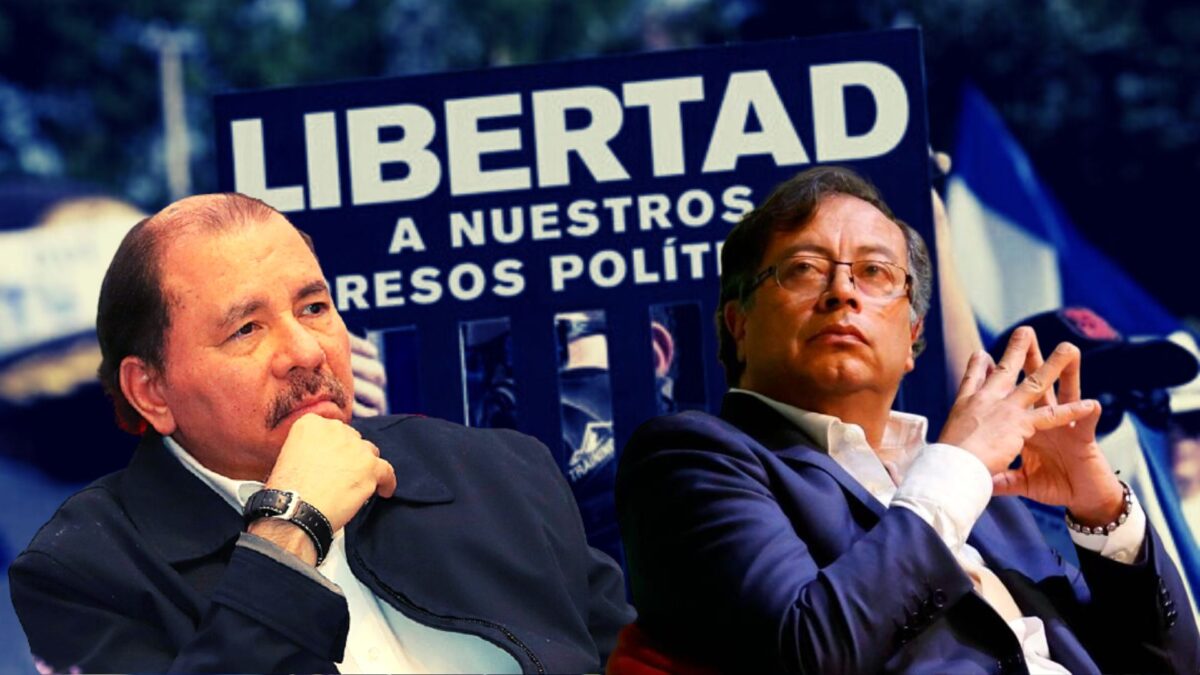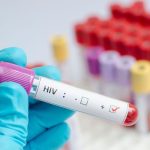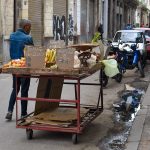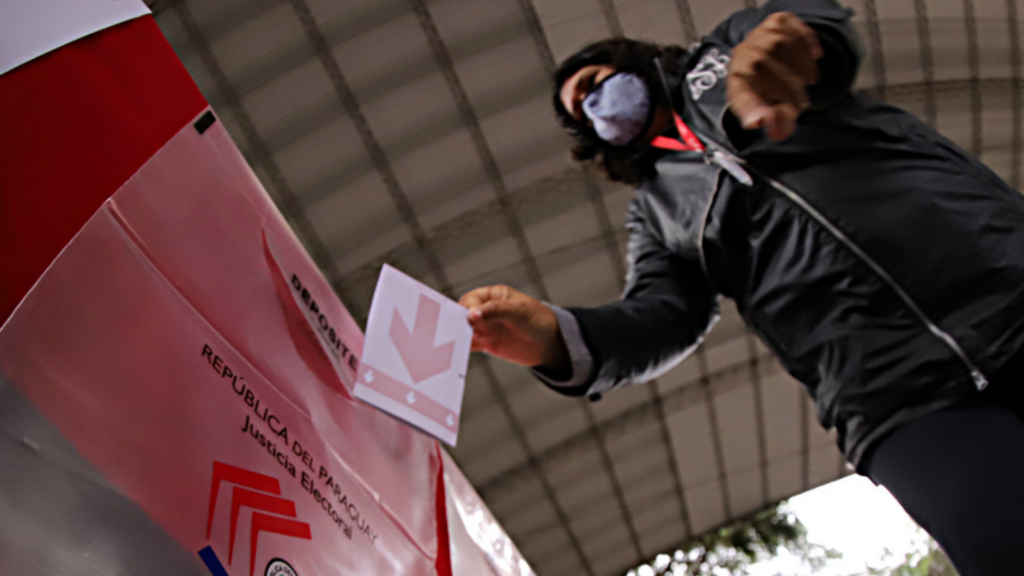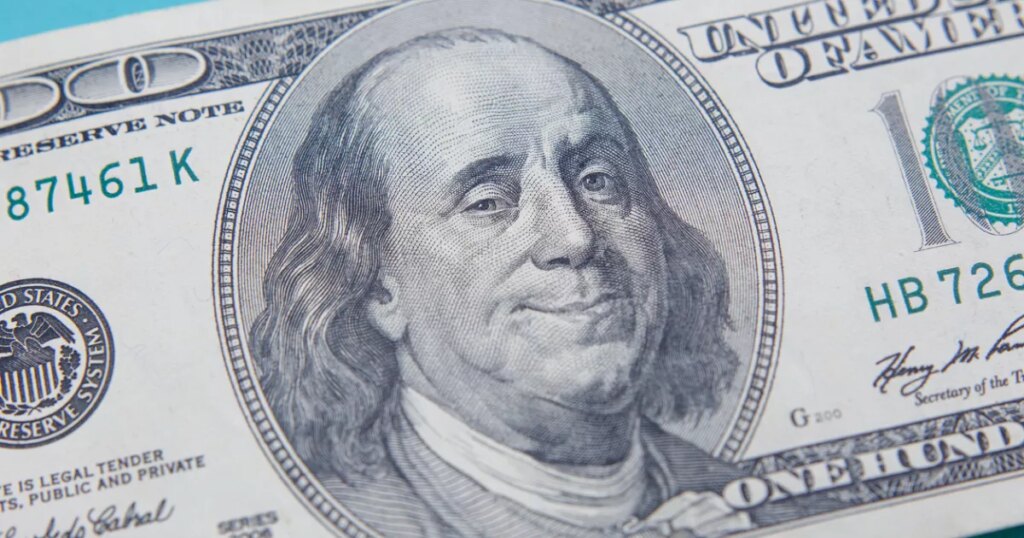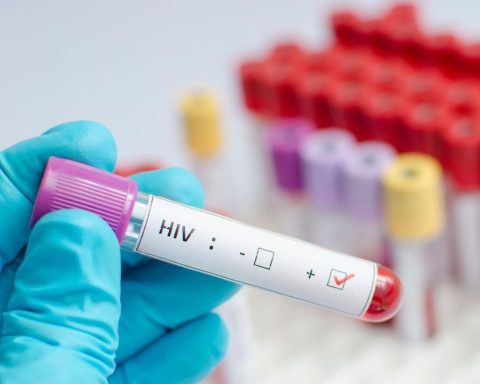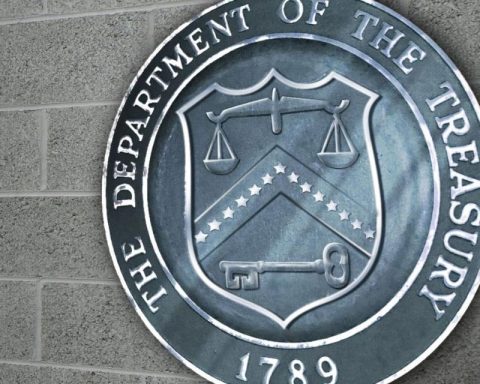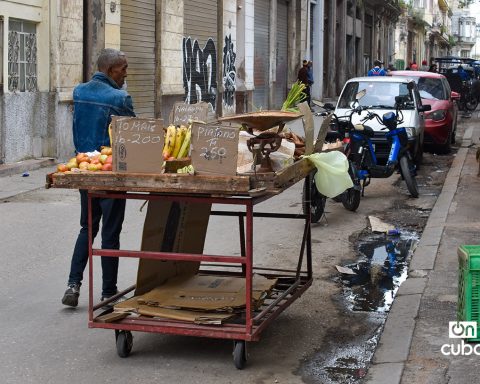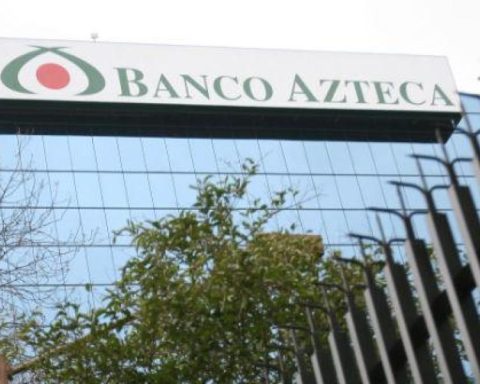The president of Colombia, Gustavo Petro, assured that Daniel Ortega refused to listen to his request to release the political prisoners of Nicaragua and considers that power has been “like a drug” for the authoritarian drift in which he is submerged. the Central American president
“I don’t like what’s happening. That generation that made the Sandinista revolution was a friend of the M-19. Many people from the M-19 went to fight in Nicaragua against the dictator Somoza. There was empathy and most of those people are in prison. Ortega imprisoned the command that made the revolution. Obviously, I asked that Dora María Téllez be released, for example. The Court in The Hague said that we had to talk about the issue of the sea and we have to do it. But the request I made to release the people who are imprisoned was not attended to by Ortega,” Petro said in an interview with the Colombian magazine Semana.
Related news: Nicaragua and Venezuela are left out of the inauguration of Gustavo Petro by “dictators”
«Power is a drug, it takes away your perspective of reality, distorts it and makes you addicted. I can’t get so involved, but power is a drug. I imagine many of these presidents who arrived here, seeing these golden chairs and these gobelins and the luxurious lamps and rugs. Well, they get hooked, they get hooked, they feel that this is the power,” added the president when asked about Ortega’s situation.
The Colombian president regrets the situation of repression imposed by Ortega and added that The Hague proposed to both governments to talk to reach an understanding on the maritime conflict. On December 5, the International Court of Justice began the oral hearings in the new litigation between Nicaragua and Colombia for the sovereignty of 200 nautical miles.
On September 9, the foreign minister of Petro, Álvaro Leyva Durán, explained in an interview that the Colombian ruler was taking steps to obtain the release of 21 political prisoners, including four of the presidential candidates, Monsignor Rolando Álvarez and some journalists, that was not addressed by the Ortega and Murillo regime.
